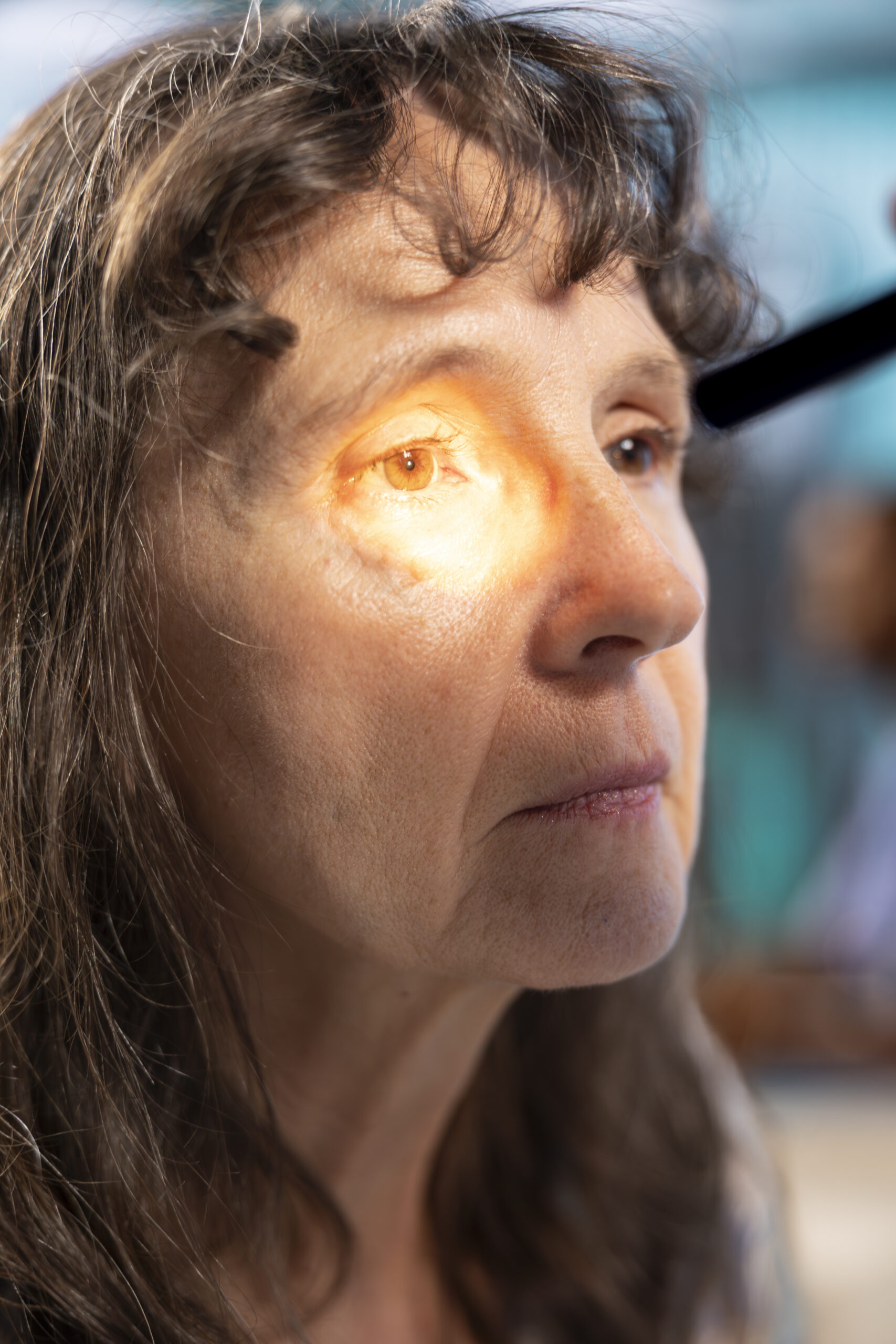Retinitis Pigmentosa
Home
Retinitis Pigmentosa
Natural Treatment for Retinitis Pigmentosa in Ayurveda
Retinitis Pigmentosa (RP) is a group of rare, inherited eye disorders that gradually damage the retina, leading to vision loss and, in severe cases, blindness. Modern medicine considers it incurable, but supportive therapies can slow its progression. Ayurveda, however, offers a natural treatment for Retinitis Pigmentosa, focusing on eye rejuvenation, nerve nourishment, and balancing doshas.
Through herbal medicines, specialized eye therapies like Netra Tarpana, detoxification (Panchakarma), and diet regulation, Ayurveda aims to preserve vision and enhance quality of life.
Why Retinitis Pigmentosa Happens
In modern science, RP happens due to inherited retinal cell defects. The degeneration of rod cells first causes night blindness, followed by cone cell damage leading to central vision loss.
Ayurveda explains it as deterioration of Alochaka Pitta (responsible for vision), along with Vata imbalance affecting the nervous system and degeneration of dhatus (tissues). Long-term imbalance leads to weakening of ocular channels (Netra srotas), causing progressive vision impairment.

Causes of Retinitis Pigmentosa :
Retinitis Pigmentosa is mostly genetic, but its progression is influenced by multiple factors:
- Genetic mutations leading to retinal degeneration.
- Degeneration of photoreceptor cells (rods and cones).
- Oxidative stress damaging retinal tissues.
- Dosha imbalance (Ayurveda): Vata and Pitta disturbances affect ocular tissues (Netra).
Symptoms: Gradual night blindness, tunnel vision, difficulty adapting to dim light, loss of central vision, and eventually severe vision loss.
Methods of Curing Retinitis Pigmentosa :
1. Ayurvedic & Natural Therapies
- Netra Tarpana: Medicated ghee is pooled over the eyes to nourish and strengthen the retina.
- Nethradhara: Pouring medicated decoctions over the eyes to cleanse toxins.
- Panchakarma: Detox therapies like Virechana (purgation) and Nasya (nasal medication) improve circulation and eye health.
- Rasayana Therapy: Herbal rejuvenators like Amalaki Rasayana strengthen eye tissues.
2. Herbal Medicines
- Triphala: Improves eye strength and detoxifies.
- Brahmi & Shankhapushpi: Enhance nerve health.
- Jivaniya Ghee preparations: Used in Netra Basti for ocular nourishment.
3. Dietary Guidelines
Foods to Take:
- Leafy greens (spinach, kale, moringa)
- Carrots, pumpkin, and amla (rich in Vitamin A & antioxidants)
- Almonds, walnuts, flax seeds (omega-3 fatty acids)
- Herbal teas like Triphala or Tulsi
Foods to Avoid:
- Junk food, processed items, excessive fried foods
- Alcohol, smoking, and high-sugar foods
- Excess salt and artificial preservatives
4. Exercise & Yoga for Eye Health
- Eye rotations, palming, Trataka (candle gazing)
- Gentle Pranayama (Anulom Vilom, Bhramari) for oxygenation
- Regular walking & sun gazing (early morning) to boost eye strength
How People Suffer from Retinitis Pigmentosa
RP patients often face:
- Night blindness restricting daily activities.
- Loss of peripheral vision (tunnel vision) leading to accidents.
- Progressive vision loss affecting education, career, and independence.
- Emotional struggles: anxiety, depression, social withdrawal.
Natural treatment for Retinitis Pigmentosa aims to slow degeneration, preserve residual vision, and improve confidence.
Conclusion
Retinitis Pigmentosa is a degenerative eye disorder with no complete cure in modern medicine. However, natural treatment for Retinitis Pigmentosa through Ayurveda offers effective ways to manage the condition. Therapies like Netra Tarpana, Panchakarma, Rasayana herbs, dietary adjustments, and yoga help preserve eyesight and improve quality of life.
By adopting Ayurvedic care, patients can slow down vision loss and live more independently with improved eye health.
FAQ
RP is an inherited, degenerative eye disease in which the rod photoreceptor cells in the retina progressively deteriorate. Over time, cone photoreceptors may also be affected, leading to severe vision loss.
Common symptoms include:
- Night blindness (difficulty seeing in low light)
- Loss of peripheral (side) vision
- Blurring of vision
- Slow adaptation between dark and light
- Poor color vision
- Eventual loss of central vision or blindness in advanced stages
Yes, the progression is typically symmetrical: both the right and left eye tend to show similar symptoms and decline over time.
Although HealingEarth emphasises Ayurveda, most experts recommend a multidisciplinary approach:
- Periodic ophthalmologic monitoring
- Genetic counselling
- Nutritional / medical therapies
- Supportive vision aids (low vision aids, etc.)
- Complementary therapies (like Ayurveda) may be considered as adjunctive, not necessarily standalone
This approach helps cover all bases — slowing progression, managing complications, and improving quality of life.
